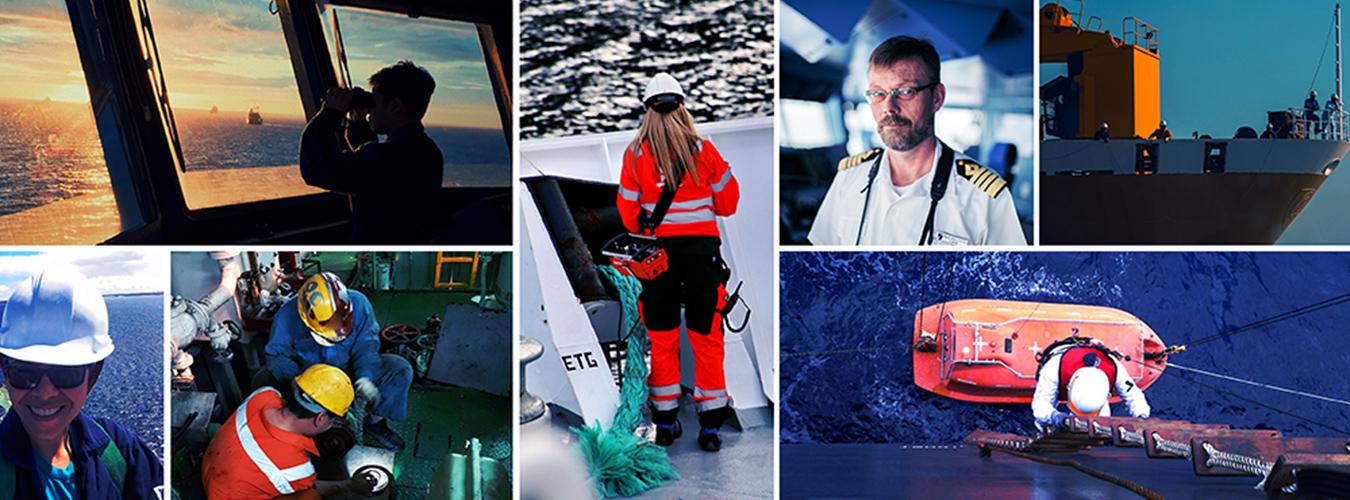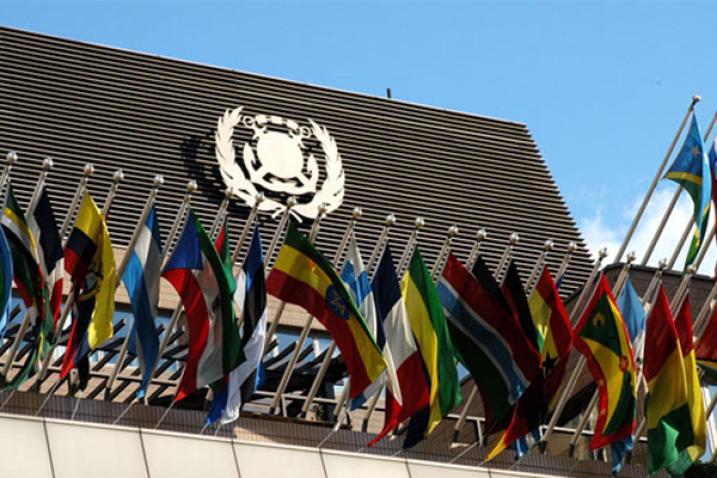2025 Theme — Our Ocean, Our Obligation, Our Opportunity
This year’s World Maritime Day theme — “Our Ocean, Our Obligation, Our Opportunity” — shines a spotlight on the essential role the ocean plays in sustaining life, livelihoods, and the global economy. It provides half of the oxygen we breathe, feeds billions of people, regulates the climate, and enables more than 80% of global trade through maritime transport. The ocean is also home to countless marine species and a vital source of jobs, food, and economic opportunity for millions.
But the ocean faces mounting pressure—from pollution and overuse to the accelerating effects of climate change. Protecting it is not just about saving nature—it is a global responsibility that touches every aspect of human life.
As the largest sector operating in ocean space, the shipping industry plays a crucial role in both facilitating global commerce and advancing ocean protection. It works hand in hand with sectors like tourism, fisheries, and marine research to manage the ocean sustainably. The International Maritime Organization (IMO), through its robust global regulatory framework and wide-ranging technical assistance programmes for its 176 Member States, continues to lead efforts for cleaner, safer seas.
Ocean-themed World Maritime Day 2025 launched by IMO Secretary-General and school children
Short video of IMO Secretary-General joined by school children from L' Ecole de Battersea, London, to launch the 2025 World Maritime Theme: Our Ocean, Our Obligation, Our Opportunity. #WorldMaritimeDay
This theme also highlights the deep interconnection between shipping and broader global initiatives, especially the UN Sustainable Development Goals (SDGs). It is closely tied to SDG 14: Life Below Water, which focuses on conserving and sustainably using marine resources. Since the SDGs were adopted in 2015, Member States have taken concrete action to improve ocean governance. The theme also connects to SDG 13: Climate Action, SDG 9: Industry, Innovation and Infrastructure, and SDG 17: Partnerships for the Goals. For example, the adoption of the 2023 IMO Greenhouse Gas Strategy marked a milestone in charting a course toward net-zero emissions from shipping by around 2050.
This year’s theme underscores key international milestones, including the UN Agreement on the Conservation and Sustainable Use of Marine Biological Diversity of Areas Beyond National Jurisdiction (BBNJ Agreement), ongoing negotiations for a global instrument to tackle plastic pollution, and the third UN Ocean Conference (9-13 June 2025).
It also invites governments, organizations, and individuals alike to recognize that safeguarding the ocean is a shared duty—and an opportunity to build a more sustainable, resilient, and inclusive future.
World Maritime Day 2025 is celebrated this year on 25 September, with a parallel event expected to take place in the United Arab Emirates. Further details will be made available.
Background
International shipping transports more than 80 per cent of global trade to peoples and communities all over the world. Shipping is the most efficient and cost-effective method of international transportation for most goods; it provides a dependable, low-cost means of transporting goods globally, facilitating commerce and helping to create prosperity among nations and peoples.
The world relies on a safe, secure and efficient international shipping industry, which is an essential component of any programme for future sustainable green economic growth in a sustainable manner.
The promotion of sustainable shipping and sustainable maritime development is one of the major priorities of IMO in the coming years. Therefore, energy efficiency, new technology and innovation, maritime education and training, maritime security, maritime traffic management and the development of the maritime infrastructure: the development and implementation of global standards covering these and other issues will underpin IMO's commitment to provide the institutional framework necessary for a green and sustainable global maritime transportation system.
2025 Theme: spread the word!

Share how IMO and the shipping sector works to protect the ocean
Conventions & Documents
- Report form for the Maritime Labour Convention, 2006, as amended (MLC, 2006)
- United Nations Convention on the Law of the Sea (A/CONF.62/122)
- International Convention for the Safety of Life at Sea (SOLAS Convention)
- International Convention for the Prevention of Pollution from Ships (MARPOL)
- Ballast Water Management (BWM) Convention
- International Convention on the Control of Harmful Anti-fouling Systems on Ships
- International Convention on Oil Pollution Preparedness, Response and Co-operation (OPRC)
- Convention on the Prevention of Marine Pollution by Dumping of Wastes and Other Matter 1972 (London Convention, LC) and its 1996 Protocol (London Protocol, LP)
- The International Ship and Port Facility Security Code
Secretary-General Reports
Resolutions
- General Assembly on Oceans and the Law of the Sea, and maritime
- Security Council on Oceans and the Law of the Sea and maritime
- UN Economic and Social Council on Oceans and the Law of the Sea and maritime
Related Links
- History of the International Convention for the Prevention of Pollution from Ships (MARPOL)
- International Maritime Organization
- Maritime Labor Convention
- Oceans and the Law of Sea - bulletins
- Oceans and the Law of the Sea - global issue
- UN Office on Drugs and Crime: Maritime Crime
- Office of the High Representative for the Least Developed Countries, Landlocked Developing Countries and Small Island Developing States




